Building Strong Bodies and Strong Minds with Food
Author:Ms. Cecile van Enter Translator:Ms. Nancy Chen
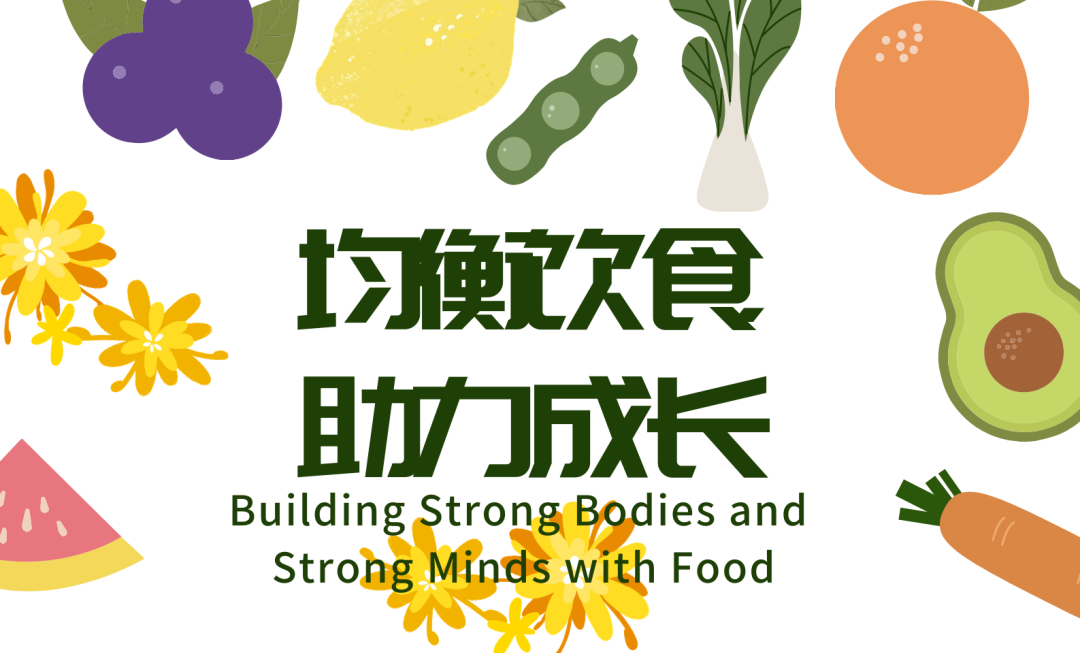
Food is such an important part of every person’s life, affecting our health, mood, and thinking. It is essential to help us grow strong bodies and strong minds so that we can be healthy, happy and productive citizens of our community. At GOS we realize the importance of good eating habits and good eating choices so that we can help all our students perform their best, academically; physically and emotionally. Teachers and staff are always encouraging students to practice good eating habits and choices during the school day and through the new lunch menu.
We at GOS understand that what children learn when they are young, whilst their brains are still growing, will stay with them as they become responsible adults. Therefore, the best way to ensure our students grow up to be successful, happy and productive adults is by teaching them good habits and choices when they are young.

The importance of WHAT you eat
Nutrition is important at every age. Children need proper nutrients to stay healthy and strong, which helps them grow up healthy and strong. The brain uses more energy than any other organ in our body and nutrients in food give the brain its energy. Without these essential nutrients from food the body and brain don't function as well and can cause lifelong problems.
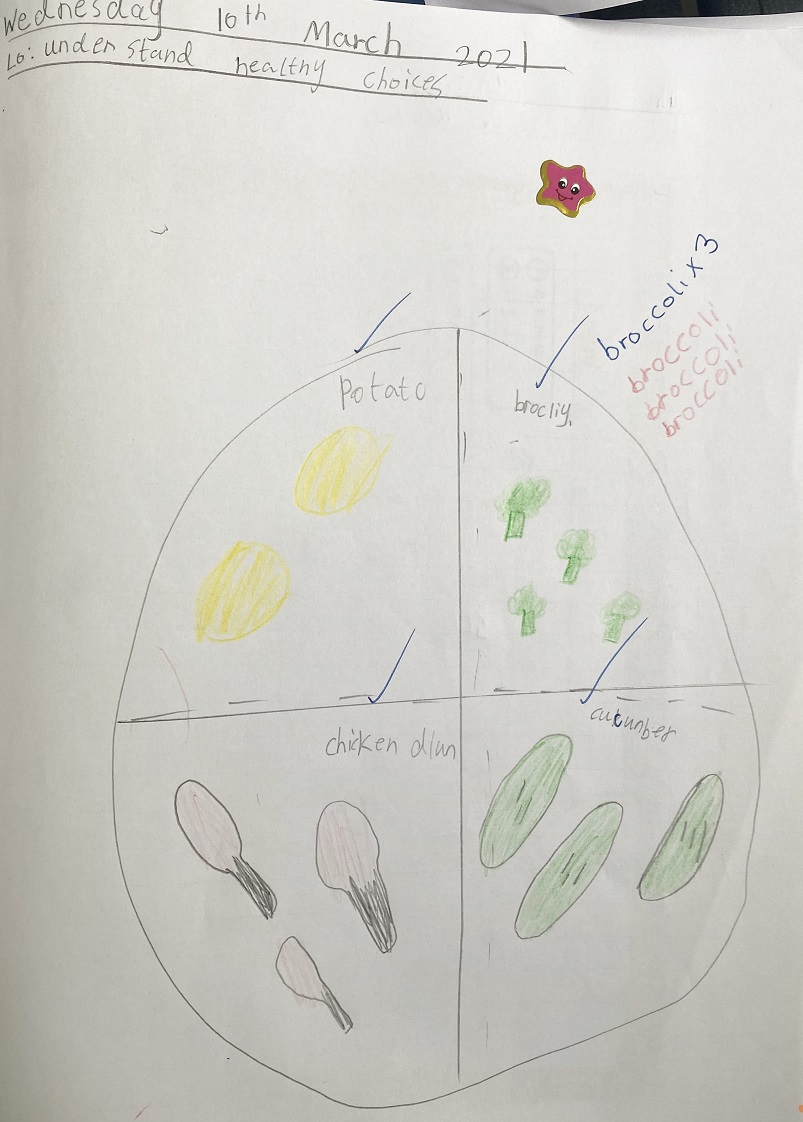
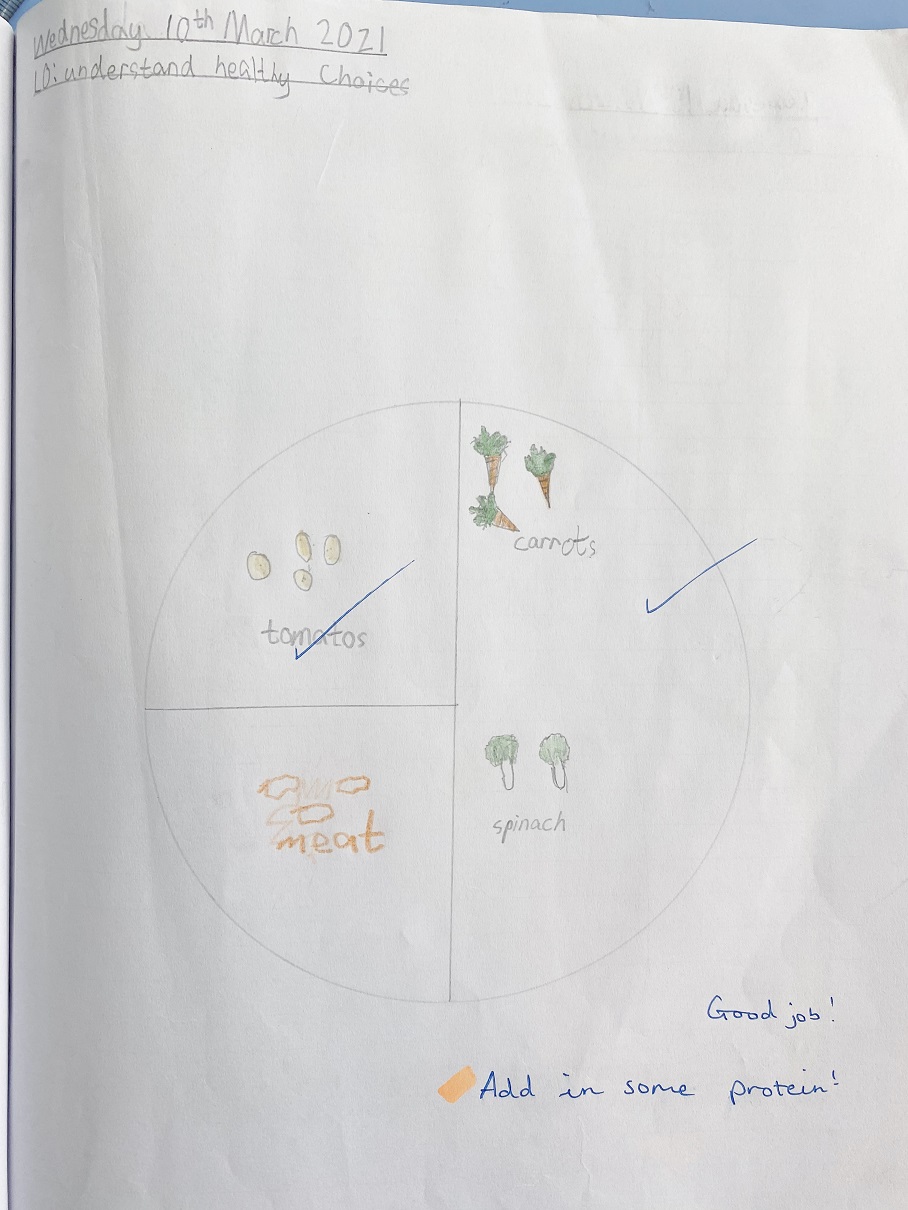
What should children be eating?
l Lots of fruit and vegetables (more veg than fruit)
l Whole grains (eg. brown rice, whole grain pasta/noodles)
l Beans and lentils
l Lean protein: meat, fish (especially oily fish ), tofu, egg
l Nuts and seeds
l Water
What should children be eating very little of?
(these are non-essential foods in our diets)
l Fast food eg. potato chips, dim sum, pies, burgers, pizza, cakes, chocolate, biscuits
l Foods high in salt, saturated fat and sugar, and low in fibre eg. crackers, canned food, chocolate, cakes, biscuits, fruit juice, chocolate milk
l Sweet drinks eg. fruit juice, sports drinks, flavoured waters, soft drinks and flavoured milks
l Foods and drinks with caffeine eg. coco-cola, red bull, coffee, chocolate
Did you know: High levels of sugar consumption in childhood have been linked to affect mood regulation, memory retention and hyperactivity?
Did you know: High levels of ‘bad’ fat consumption have been linked to memory loss, impulse control, heart disease, high blood pressure, and diabetes?
The importance of HOW you eat
When and How our students eat is also important in helping them build strong bodies and brains. Good eating habits help our students learn and practice these good habits from early on so that they become natural habits as they grow up. The earlier children learn about and practice good nutrition, the more likely it will become a life-long habit.
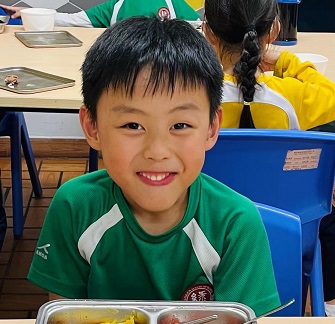

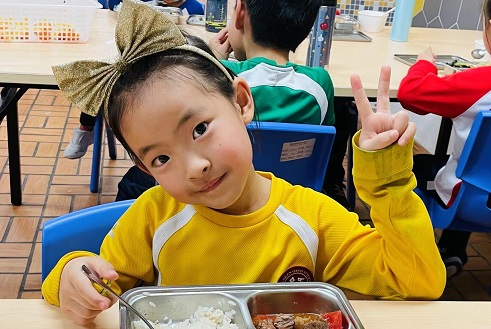
Important habits for good health:
1. Consistent eating routine. This helps regulate their bodies and brains for better performance and growth. Breakfast is very important to give children energy to learn and be active during the day
2. Paying attention to your food when eating. This helps children regulate their eating speed and enjoy the taste of their food more
3. Having access and exposure to healthy food. If children are exposed to healthy food more often, they are likely to eat it
4. Lead by example. Children learn from adults around them; Therefore, if they see adults eating healthy food they will likely try do the same
5. Eating slowly and in moderation. Our brains need time to realize when our stomach is full; Therefore, if children eat slowly, they will be able to better control how much they eat
6. Family time is key. If children associate eating with positive and happy experiences, they will have more interest in doing it again and with excitement
7. Drinking water. Drinking water during a meal and often in the day helps children’s bodies digest their food and gives them energy for all activities
8. Make healthy foods fun. By making their meals interesting and fun, children will naturally be more excited and motivated to eat
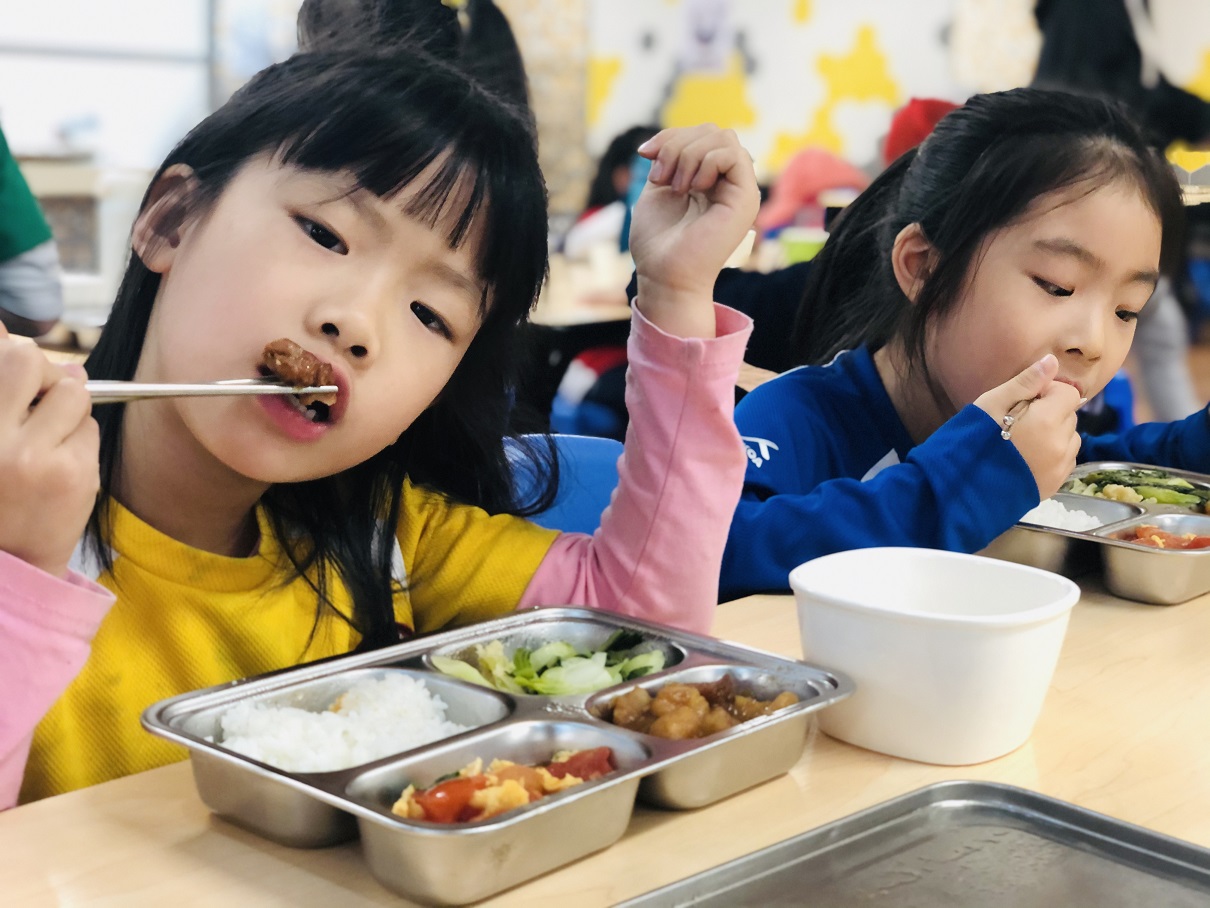
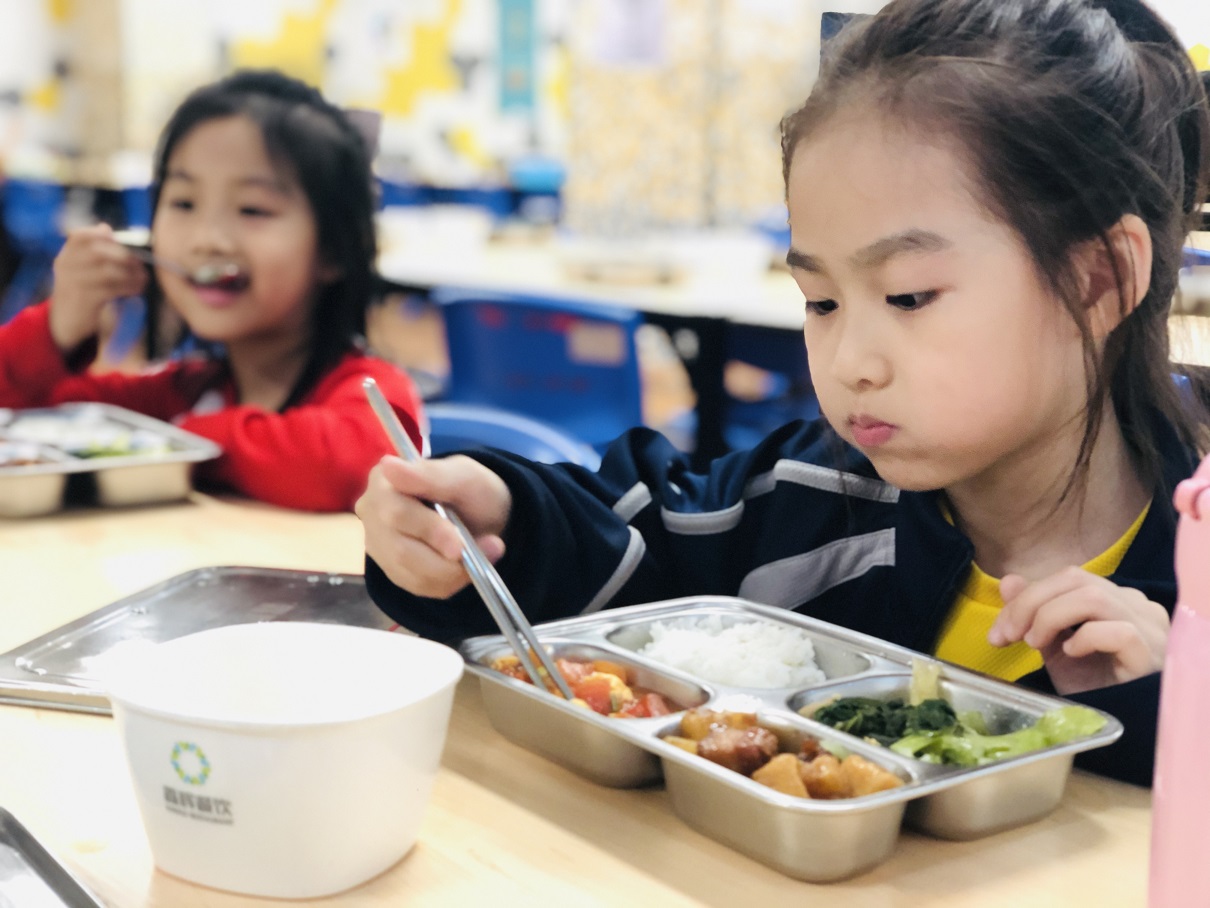
Studies have shown that good eating habits and choices lead to:
l Higher grades
l More energy (for physical activity, concentration, attention, memory etc.)
l Better concentration and attention
l Less sickness (strong immunity)
l Good sleep (important for brain growth)
l Less chance of having physical and/or emotional difficulties (eg. anxiety, depression, diabetes, heart problems)
As adults, we are responsible for helping children learn these good habits so that they may grow up to be healthy, happy and responsible adults. It’s your body, it’s your choice.
Would you like to share your good eating habits and choice?
Send your class teachers a few pictures of you and your family’s good eating habits and choices at home which we will share with everyone on our Good Eating Habits & Choices wall!




 Home
Home  About Us
About Us 
 Admissions
Admissions  Curriculum
Curriculum  Pastoral
Pastoral  School Life
School Life  AMS
AMS  Contact Us
Contact Us 









 Home
Home  About Us
About Us  Admissions
Admissions  Curriculum
Curriculum  Pastoral
Pastoral  School Life
School Life  AMS
AMS  Contact Us
Contact Us 

